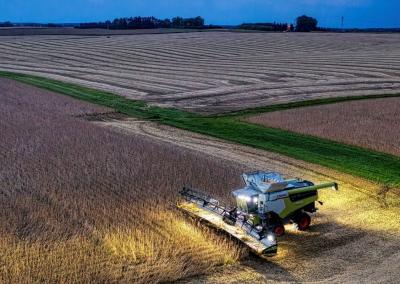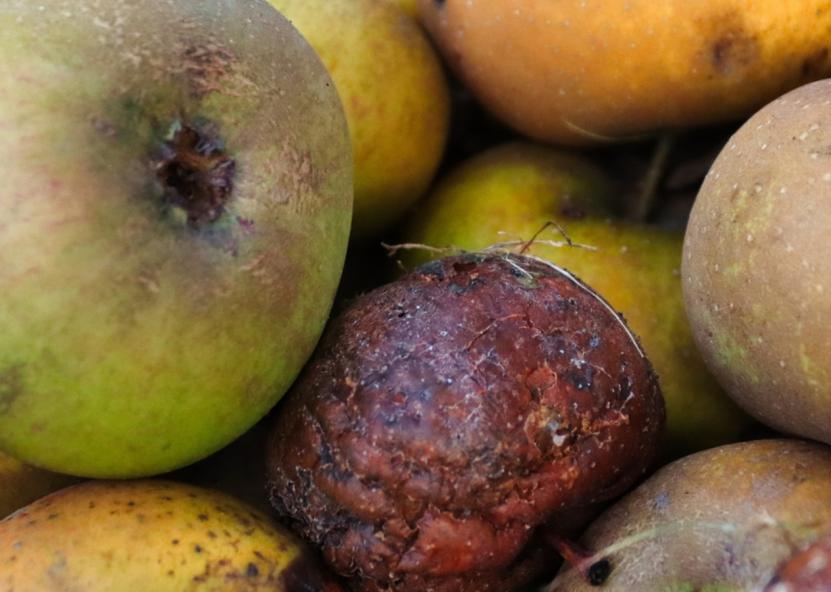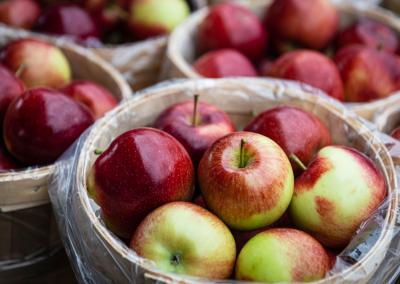Expert tips on how to keep vegetables, fruit and berries fresher for longer
Autumn is the perfect time to enjoy the bounty of the past summer: fresh fruit and vegetables, grown by farmers or your own. Every year, mountains of fruit, vegetables and berries are provided by relatives, friends or even colleagues, so much so that it is sometimes difficult to get everything in time. What can you do when the freshest produce is not ready and starts to wilt?
It is always important to assess the condition of a fruit or vegetable and to look carefully to see if it is starting to spoil. If the fruit or vegetable is wilted but shows no signs of spoilage, it can be used for baking or smoothies. Fruit or vegetables that are overripe lose some of their vitamins, especially vitamin C, and may therefore have less nutritional value than fresh fruit or vegetables.
If fruit or vegetables show visible signs of decay, they should not be consumed. Even if the decayed part is removed, the product is considered to be of poor quality and may cause health problems.
Specialists from the State Food and Veterinary Service (SVVT) also remind us that there are no expiry dates for fresh fruit and vegetables, so once they have been harvested, storage conditions are an important aspect for their longer preservation.
Tips for storing fruit and vegetables at home:
It is recommended to store tomatoes, aubergines, onions, garlic, potatoes (including sweet potatoes), pumpkins, watermelons, bananas at room temperature, preferably in a cool and dark place. Many herbs and leafy plants, such as basil, are also not recommended to be stored in the fridge.
Frozen fruit such as apricots, avocados or plums should be kept in the fridge, as should vegetables such as broccoli, carrots and blueberries. This will help them stay fresh for longer. Sliced or peeled vegetables, such as carrots or celery, are also best stored in the fridge, in a container with a little water, in vacuum jars or in sealed boxes.
Fruits should be stored separately from vegetables, as some produce gases as they ripen, which can accelerate spoilage. Do not store fruit strung, squeezed or compressed. It is best to arrange them in one or two rows, leaving room for air circulation, otherwise they will spoil faster and lose their characteristic appearance. So, following these simple rules will help you to maintain freshness and enjoy your garden produce for longer.








































































































